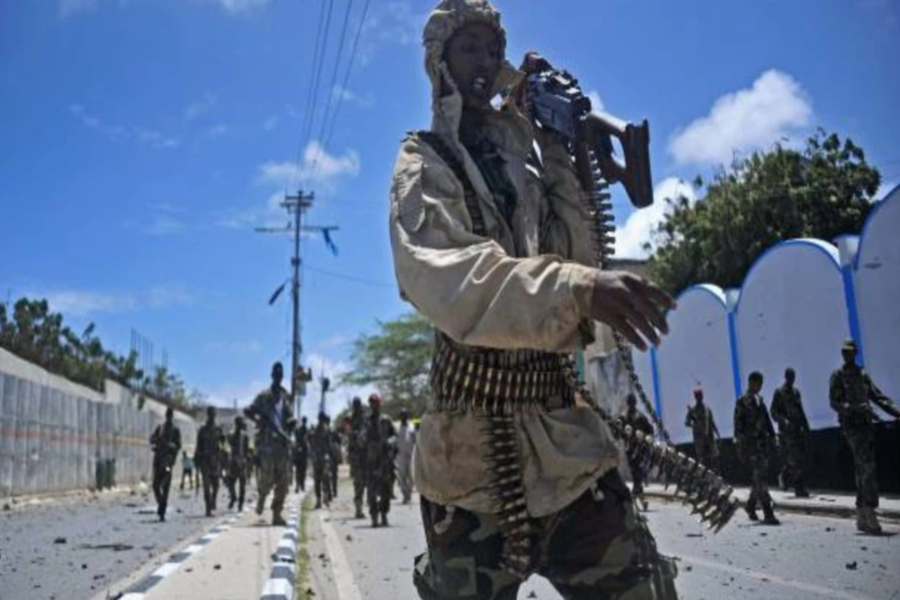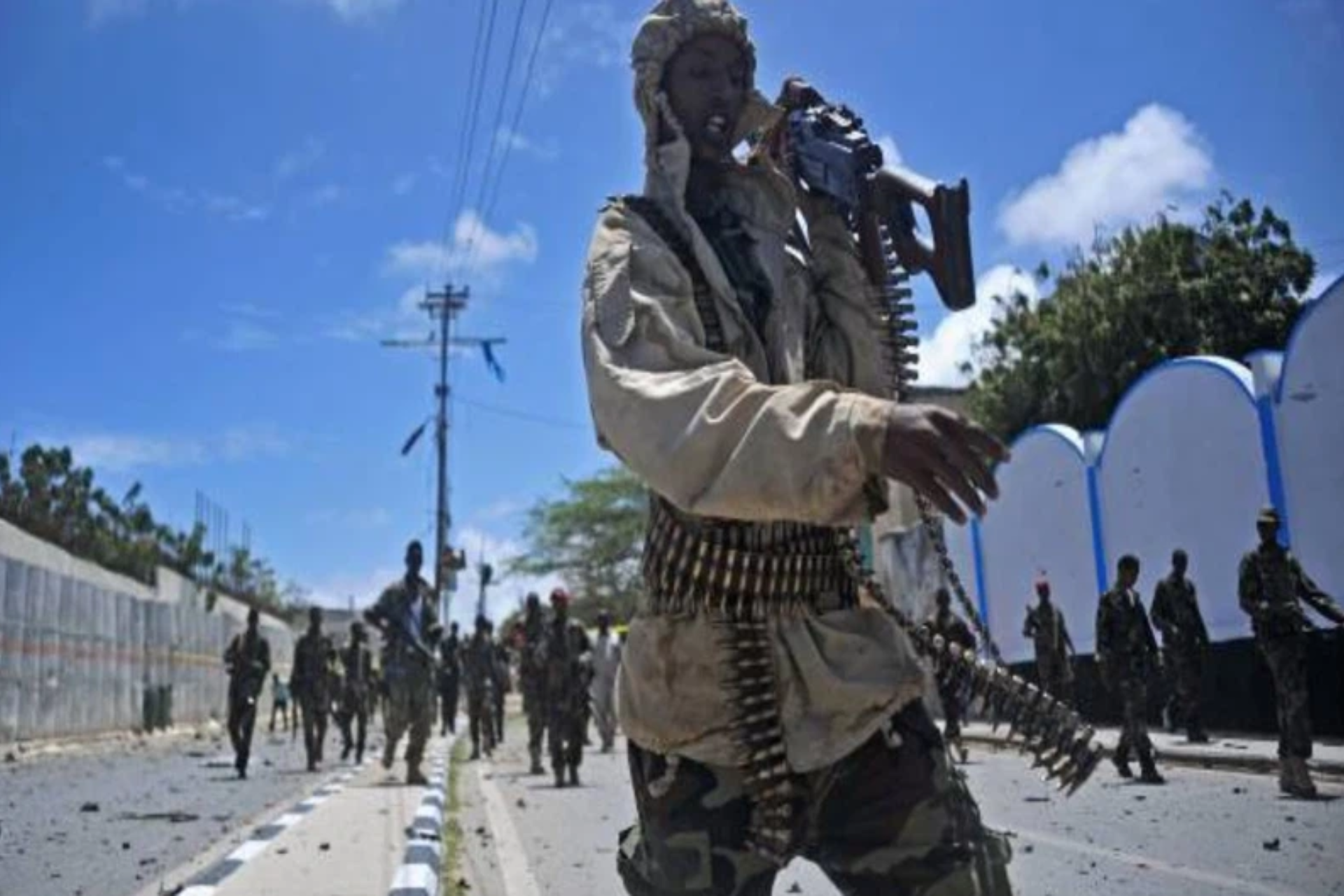
Ugandan police: 20 arrested over horrific school massacre
Ugandan police said Monday that 20 people had been arrested for suspected collaboration with the notorious militia group blamed for last week’s grisly attack on a school near the border with the Democratic Republic of Congo. “Twenty arrests have been made of suspected collaborators, suspected ADF collaborators,” police spokesman Fred Enanga told a press conference, […]

Ugandan police said Monday that 20 people had been arrested for suspected collaboration with the notorious militia group blamed for last week’s grisly attack on a school near the border with the Democratic Republic of Congo. “Twenty arrests have been made of suspected collaborators, suspected ADF collaborators,” police spokesman Fred Enanga told a press conference, referring to the Allied Democratic Forces (ADF) based in the DRC.
ALSO READ: Qualified: Africa Cup of Nations qualifying tables
ALSO READ: Uganda school attack: grief after 41 die in ‘Brutal’ ambush
UGANDAN PEOPLE IDENTIFIED
He said in a separate statement that those arrested included the head teacher and the director of the Lhubiriha Secondary School in Mpondwe, western Uganda, which came under attack late on Friday 16th June, 2023. Enanga said the death toll was now 42, including 37 students. The oldest among the victims so far identified was a 95-year-old woman and the youngest was a 12-year-old girl. Another six people were injured and remain in hospital, he said, while adding that there were conflicting reports on the number abducted by the assailants, ranging between five and seven. “An attack on innocent children is barbaric, is inhumane and of course constitutes crimes against humanity,” Enanga said.
The youngsters were hacked with machetes, shot and burned to death in their dormitories in horrific killings that have drawn global condemnation. “As a country, we continue to stand by each other in the fight against terrorism. No matter how heinous the attack or how brutal or inhumane the methods used, the ADF will not be able to succeed in demolishing the solidarity of Ugandans in the fight against terrorism and extremism,” Enanga added. Grief-stricken Ugandans were on Monday burying more victims, while other families were still desperately hunting for news of their loved ones or facing an agonising wait for DNA tests on some of the students who were burnt beyond recognition.
ALSO READ: EU, Kenya announce trade partnership agreement: EU Officials
ALSO READ: 13 killed in Nigeria inter-communal clashes
The authorities have said 15 people from the community, including five girls, were still missing. Joseph Masika, a guardian of one of the missing students, recounted heart-wrenching visits to mortuaries and hospitals. “We are not sure our children are among those abducted or burnt beyond recognition. We are distressed, maybe the government will give us an answer soon and we are praying,” the 48-year-old businessman told AFP. “It’s a painful situation no parent would want to go through, but we are keeping hope that they are alive wherever they are.”
‘COWARDLY, TERRORIST ACTION’
Ugandan authorities are pursuing the assailants who fled back towards the porous DRC border with their abductees. “Their action — the desperate, cowardly, terrorist action — will not save them,” President Yoweri Museveni said Sunday in his first statement on the attack, vowing to hunt the militants “into extinction.” Joe Walusimbi, the Resident District Commissioner of Kesese, the area where the school was located, said most of the identified victims were buried on Sunday but that there were more funerals on Monday. “We are almost complete with the burial of the dead already identified and waiting for the DNA tests of those students who were burnt beyond recognition,” he told AFP.
ALSO READ: Election: financial crisis affects votes of Sierra Leoneanswh
ALSO READ: Benin-Senegal match leaves two dead, more injured
It was the deadliest attack in Uganda since twin bombings in Kampala in 2010 killed 76 people in a strike claimed by the Somalia-based Al-Shabaab group. The ADF, an armed group historically linked to predominantly Muslim Ugandan rebels opposed to Museveni, has been blamed for thousands of civilian deaths in the DRC since the 1990s. In a report due to be published this week, UN experts said the Islamic State group has provided financial support to the ADF since at least 2019. The IS describes the ADF as its regional affiliate, the Islamic State Central Africa Province (ISCAP). In March 2021, the United States placed the ADF on its list of “terrorist groups” affiliated with IS.